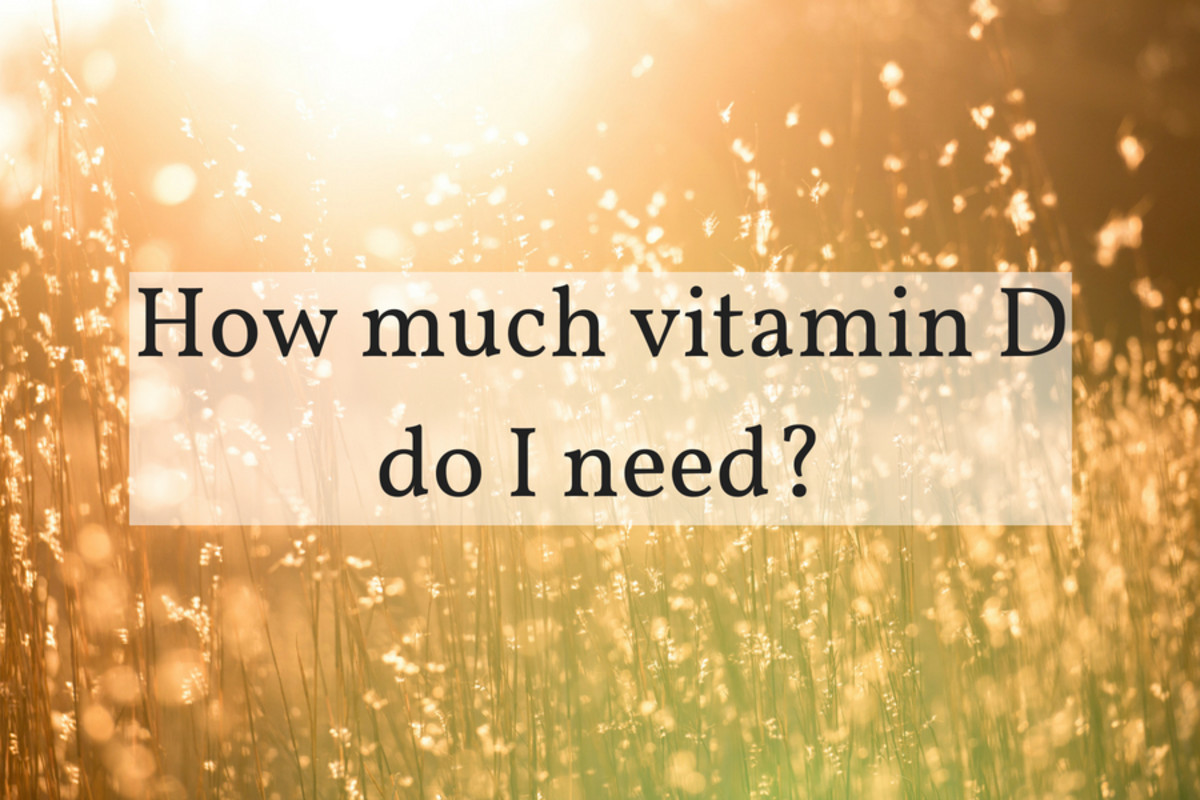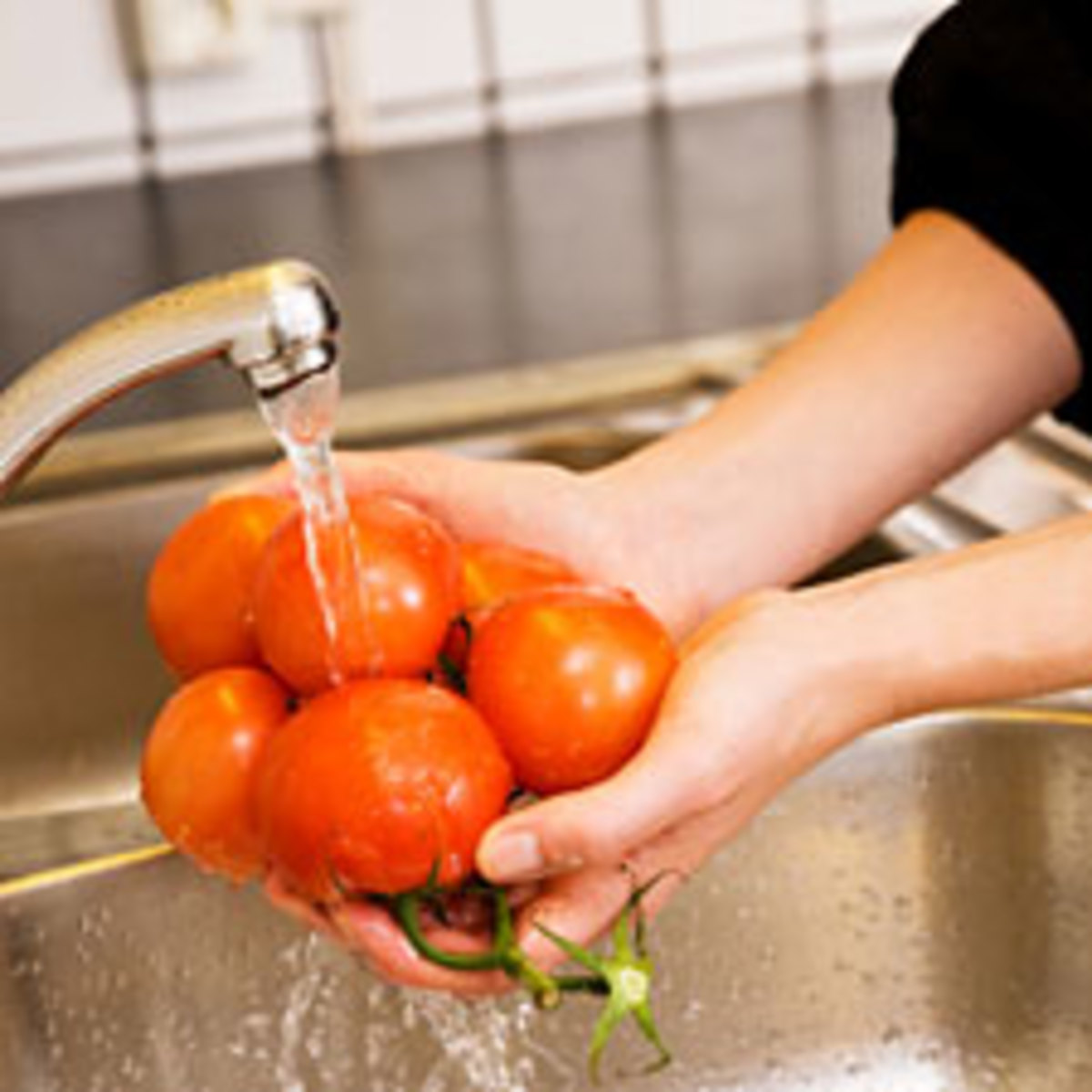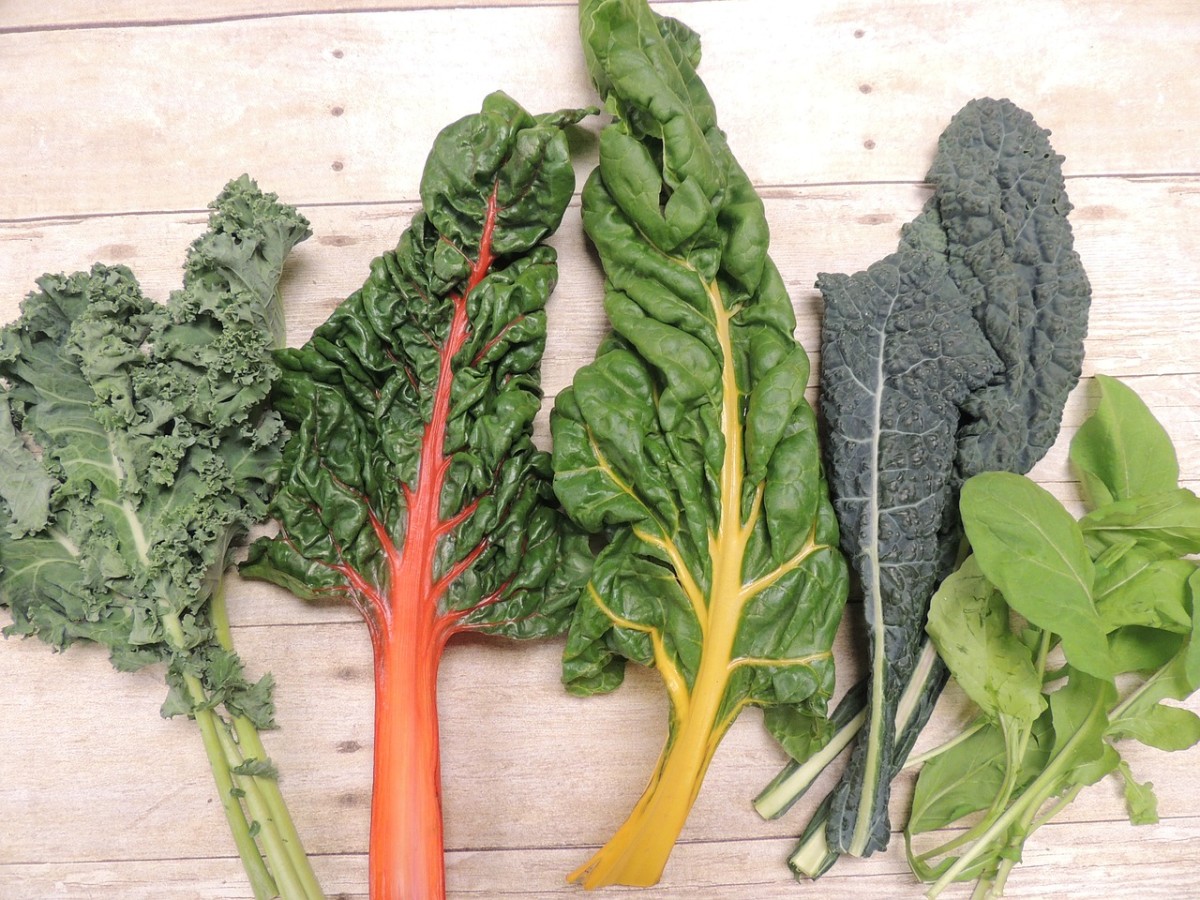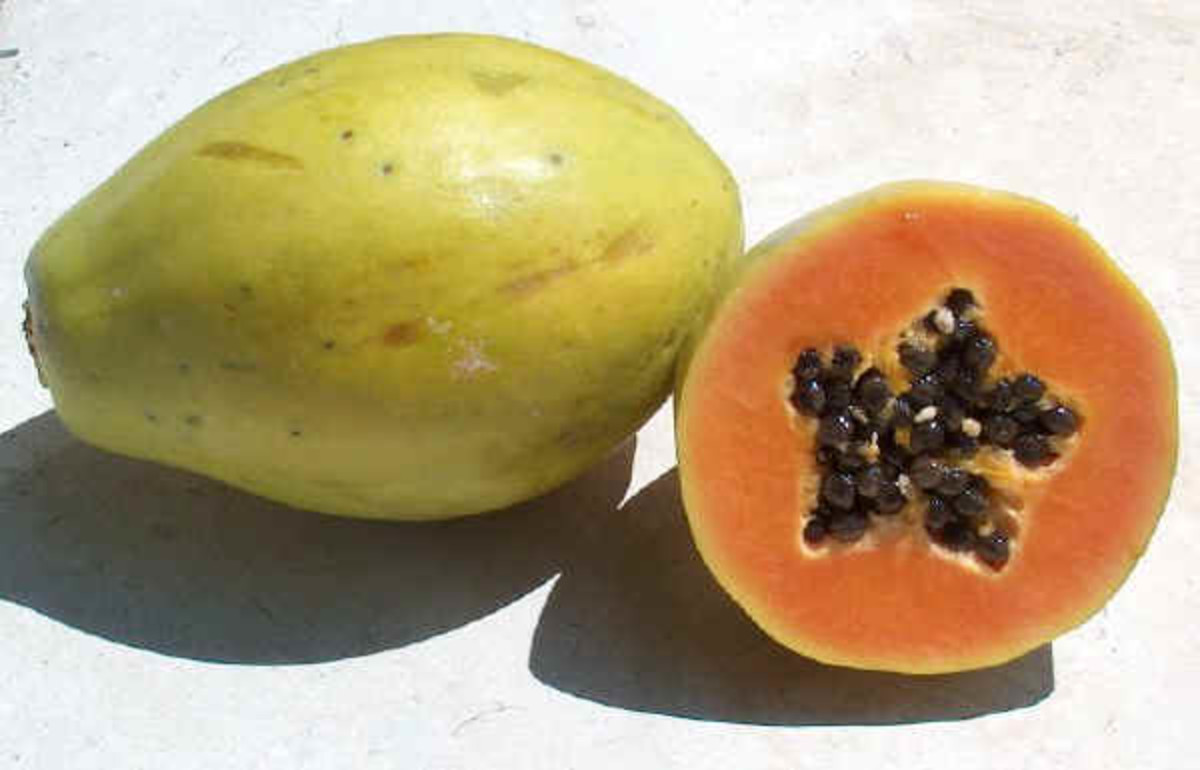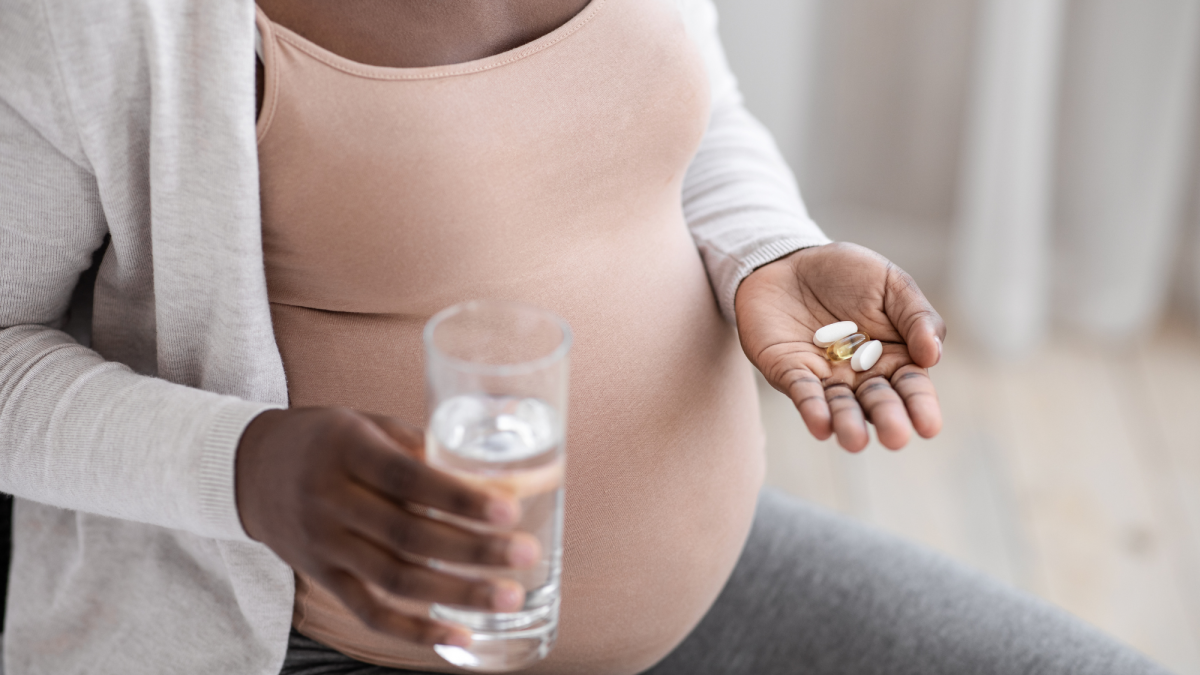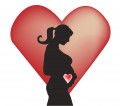- HubPages»
- Health»
- Women's Health»
- Pregnancy
Simple Ways to Battle Hypertension During Pregnancy
Pregnancy Induced Hypertension (PIH) or gestational hypertension is a common complication in which blood pressure is equal to or greater than 140/90 during pregnancy. It effects 7 to10 percent of women in US. This condition is generally seen after 20 weeks of pregnancy. The presence of protein in urine, a condition known as preeclampsia, increases the complication.
Pregnancy Induced Hypertension affects the placenta by reducing its weight. These can cause changes in blood flow, which effects growth of the foetus and birth weight of a baby. The cause of PIH could be changeable or unchangeable.
The unchangeable causes of PIH are age, family history and multiple pregnancies. Changeable causes include obesity, unhealthy lifestyle like smoking, alcohol and poor diet.
Studies have proved that the risk of chronic hypertension after PIH can be reduced by adhering to healthy diet and lifestyle.

The simple changeable factors which reduces the risk of Pregnancy Induced Hypertension are
Lifestyle changes
Avoid smoking and alcohol for about atleast three months before conception. Be physically active and maintain a healthy pre pregnancy weight. simple exercise and 150 minutes of brisk walking a week can be a good choice for physical activity.
Nutritional changes
Following a balanced diet can help maintain a healthy weight gain throughout pregnancy. Micronutrient supplements has been known to reduce the risk of preeclampsia ( presence of protein in urine). Intake of certain food or nutrients helps in preventing PIH.
Calcium
Many studies have shown that intake of calcium can help resolve PIH. Calcium is required for healthy bones and teeth, muscle movement and neurotic transmission. Some of the sources of calcium are milk, cheese, egg, green leafy vegetables, legumes, nuts and white meat like chicken.
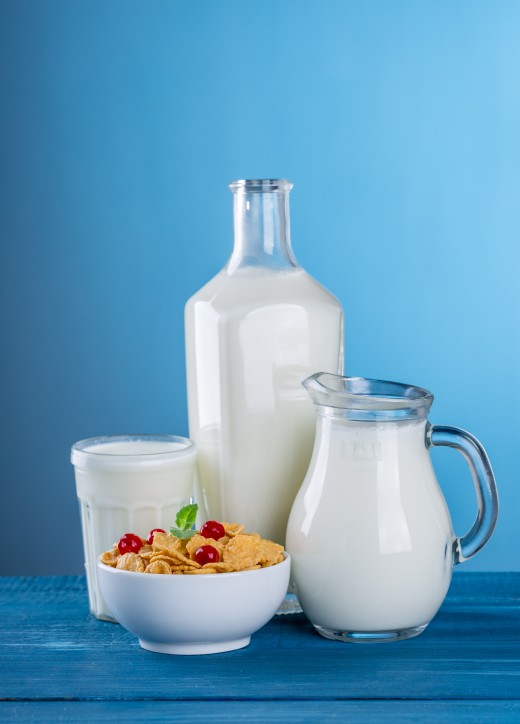
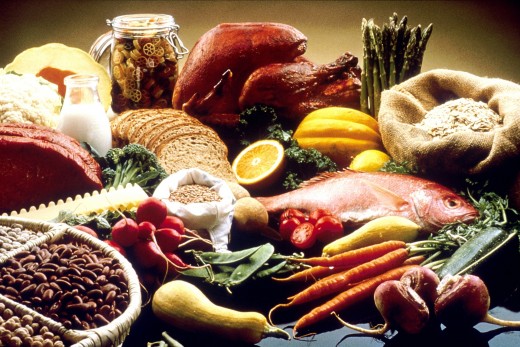
Magnesium
A study has a positive correlation between magnesium supplements and reduction in PIH. Supplementing diet with either magnesium sulphate or magnesium gluconate has proven to prevent PIH in high risk women. Food sources for magnesium include whole grains, nuts, avocados, green leafy vegetables and legumes.
Vitamin D
Low level of vitamin D has adverse pregnancy outcomes, which can be overcome by supplementing the diet with vitamin D. It is challenging to meet even 10% of daily requirements even after consuming the best sources of vitamin D like fatty fish, vitamin D fortified cereals, milk and egg yolk.
Generally calcium supplements advised during pregnancy contain about 400IU of vitamin D, but this is not sufficient. Vitamin D can be taken as a separate supplement. The vitamin D level is also depends upon exposure to sunlight.

Vitamin C
Oxidative stress plays an important role in the pathophysiology of PIH. Antioxidants like vitamin C can act as a scavenger of free radicals and reduce this stress. Citrus fruits like orange, sweet lime and lime, guava, strawberry, papaya and vegetables like broccoli, which are rich in vitamin C should be included.
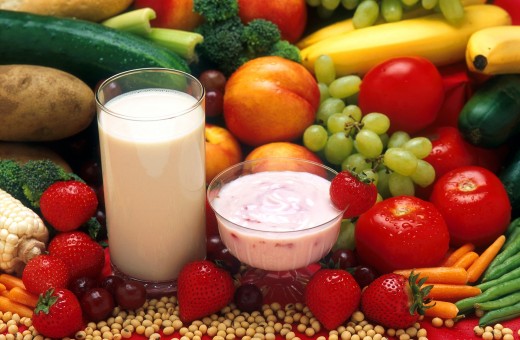
Vitamin E
Vitamin E also act as antioxidant, decreasing oxidative stress and the risk of PIH. A study showed that vitamin E from palm oil significantly reduced 64% of the incidence of PIH in the population studied. Nuts like groundnuts, pistachios, almonds, walnuts, cashews and oil seeds like flax seeds, white and black sesame seeds are rich source of vitamin E.
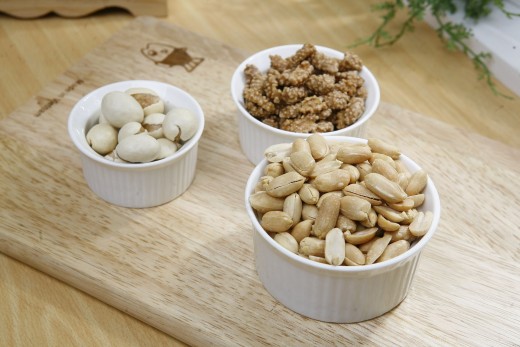
Selenium
A study in UK revealed that women with low levels of selenium has increased risk of developing PIH and that taking selenium supplements significantly reduced the risk of PIH. Selenium also act as an antioxidant preventing cell damage. Food sources of selenium include nuts, fish, chicken, cheese, eggs, meat, yoghurt, soy and oat bran.
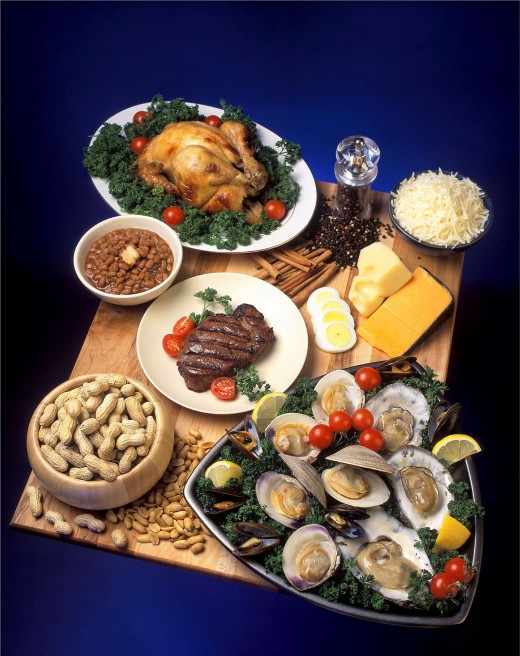
Fish
While it is recognised that eating fish results in higher levels of mercury exposure, fish is also an important source of several beneficial nutrients including omega 3 fatty acids, choline, iodine, selenium and vitamin D. Omega 3 fatty acids like DHA and EPA have shown to have favourable effects in lowering the risk of Pregnancy Induced Hypertension.These are all critically important during pregnancy. Fish is a major source of protein for some. Salt water fish like mackerel, seer fish and paplet are known to have more level of mercury than fresh water fish, which is safer to consume. Examples of fishes with low mercury levels include salmon, tilapia, tuna, cod, catfish etc.
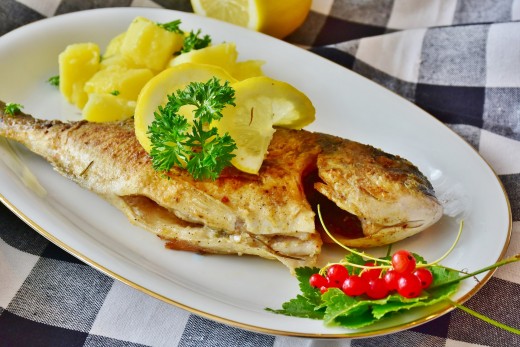
Fibre
A study reported that risk of preeclampsia was inversely related to fibre intake. Another study done in 2008 provides additional evidence of reduced preeclampsia risk associated with higher dietary fibre intake in early pregnancy. Food items rich in fibre are whole grains, oats, brown rice and green leafy vegetables.
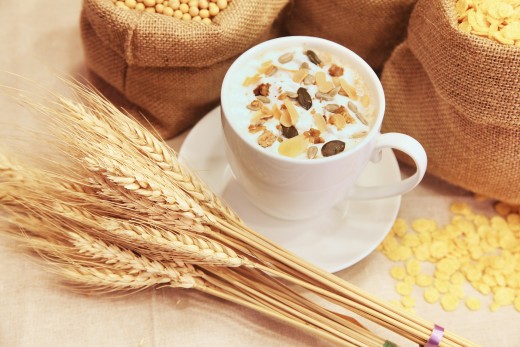
Salt
It is generally advised that women with high blood pressure should reduce or alter their salt intake, whereas there is no evidence that altering salt intake might reduce the risk of PIH or its complications. Salt is an important vehicle of iodine and is required for development of baby. Keeping this in mind, salt might not have to be restricted for PIH but packaged food and food containing high levels of salt should be avoided.
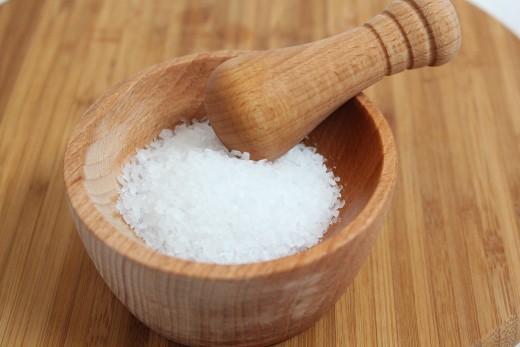
Food safety
Safe food is very important, especially during pregnancy. Small doses of antibiotics are being routinely administered to chickens to promote growth and prevent diseases. Pesticide residues are also found in fruits, vegetables and milk and are harmful for the foetus. Proper inquiry of the source of food should be done before consumption. Intake of organic food might be a good option, though expensive.
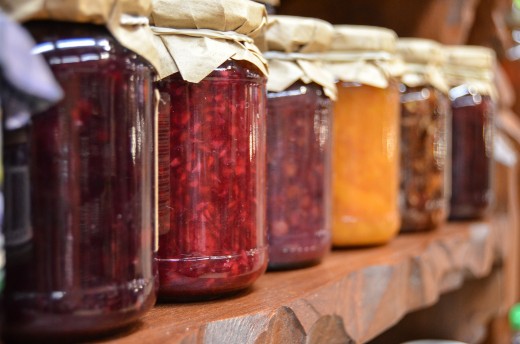
Evidence based studies also show that women whose diet included vegetables, fruits and vegetable oils had a low risk of developing PIH than women whose diet consisted of processed meats, salty snacks and sweet drinks.
Overall change in lifestyle and dietary pattern can reduce the risk of Pregnancy Induced Hypertension.


